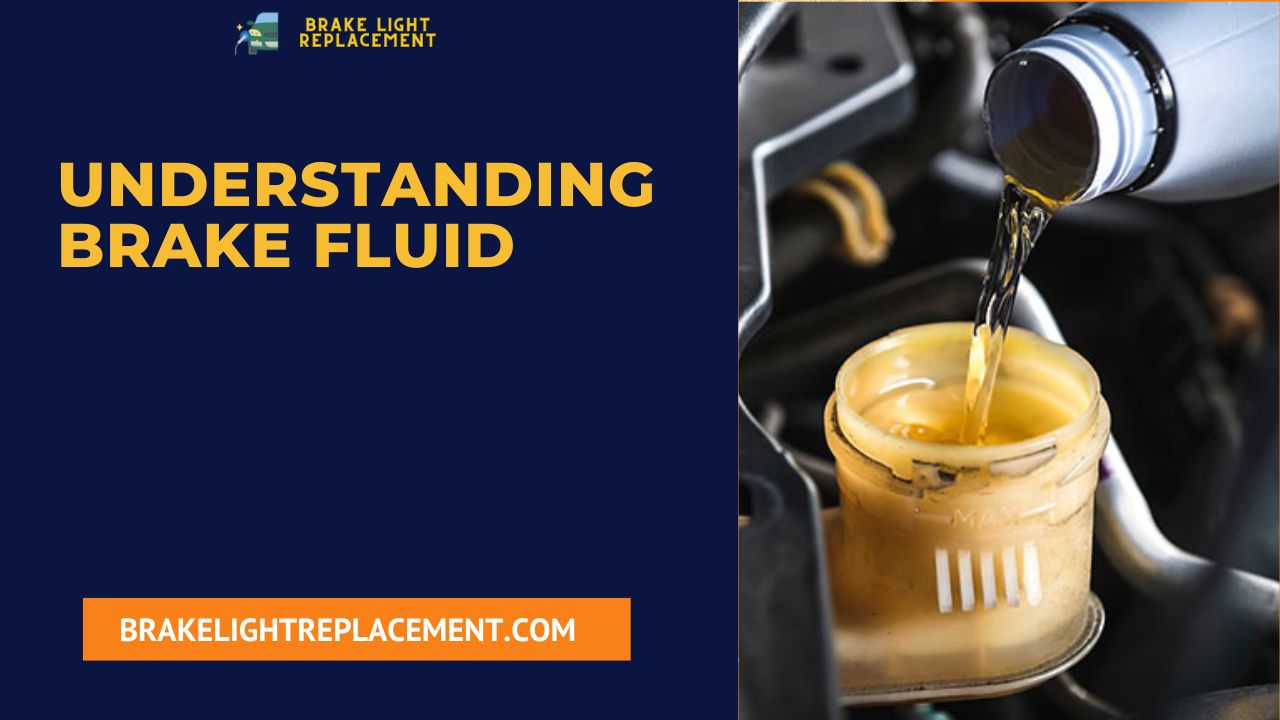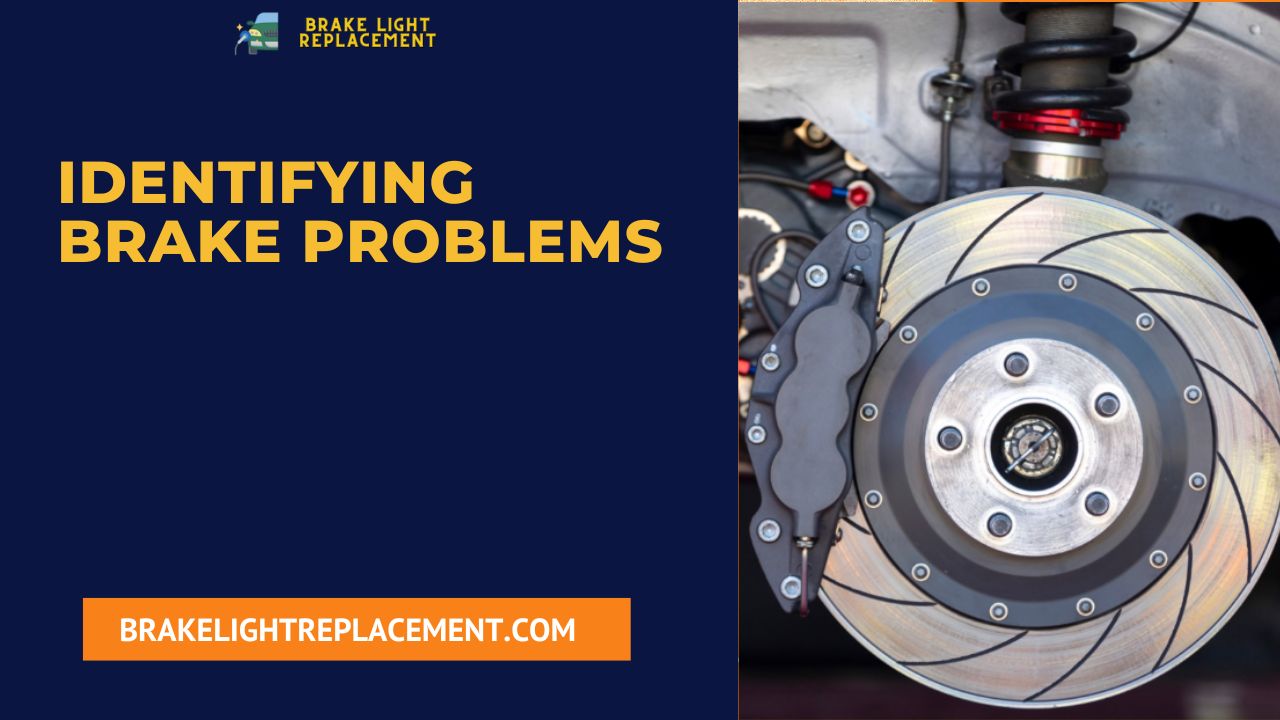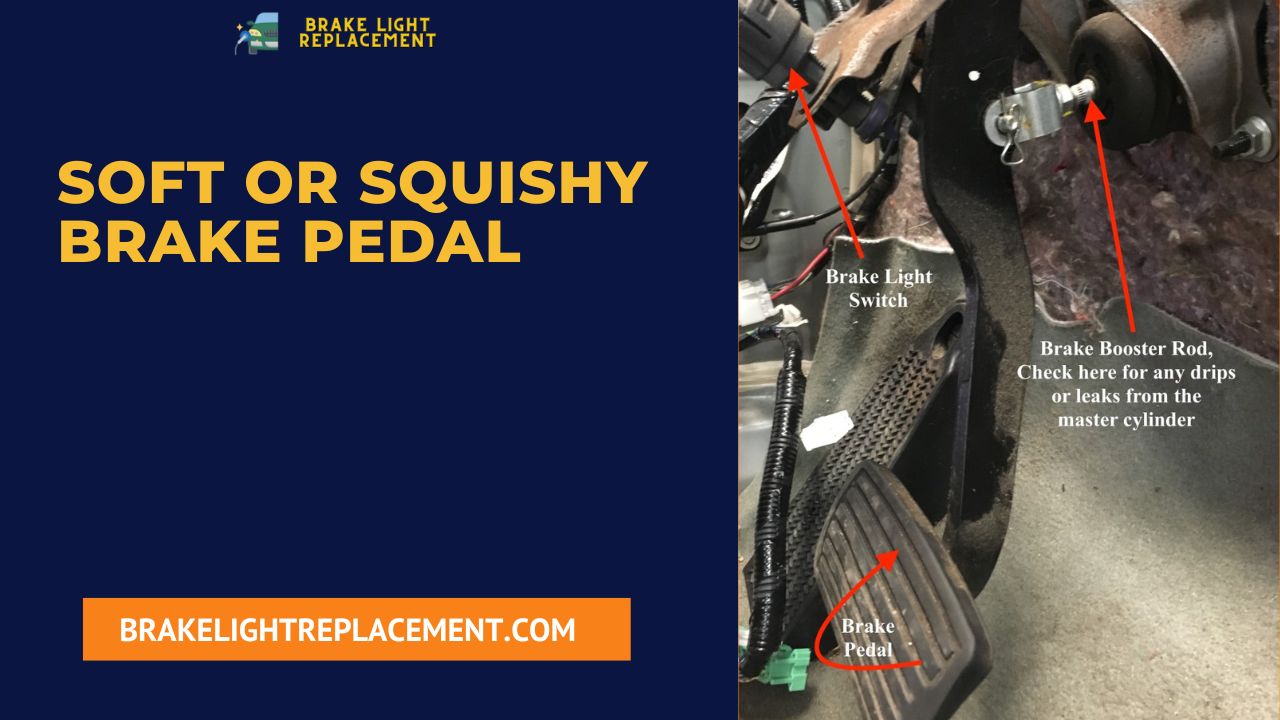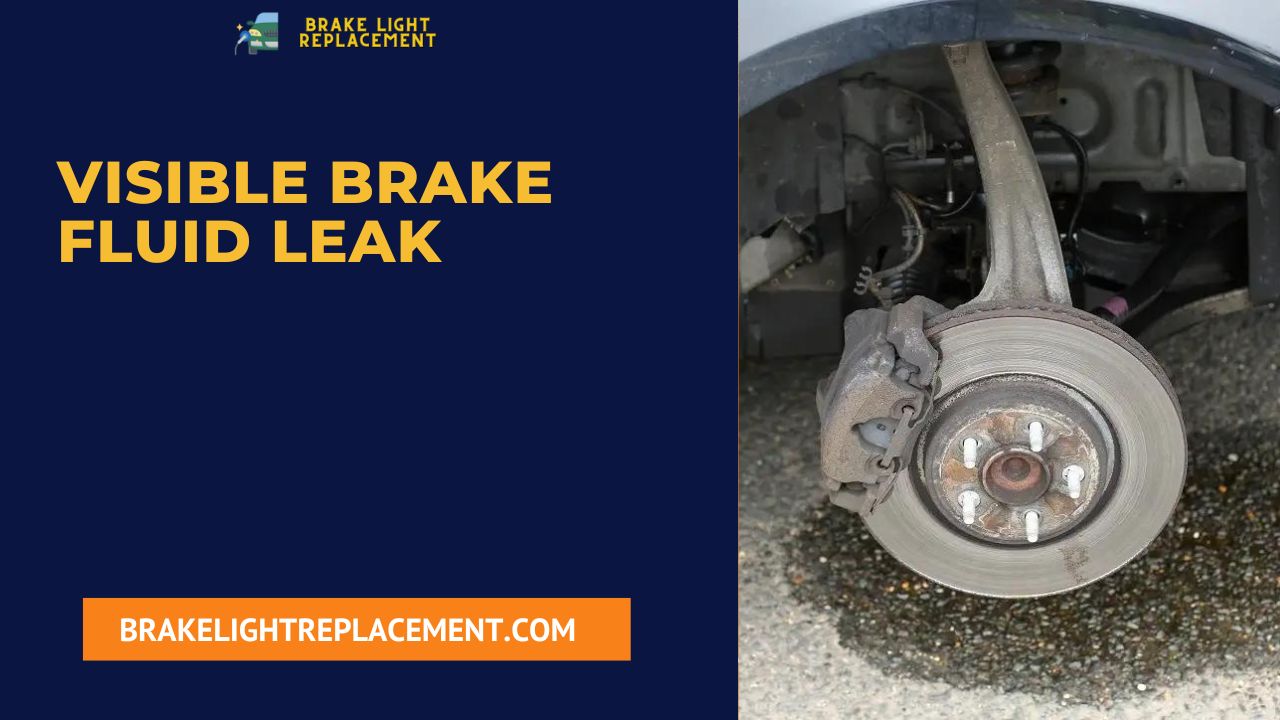The brakes, a crucial safety element in any car, are not immune to eventual wear and tear, much like other components. One of the unmistakable indications of trouble is the presence of a brake fluid leak. In light of this, one can delve into the typical issues and the associated expenses for repairing brake fluid leaks. Keep reading for an explanation of these concerns and the corresponding service costs.
Understanding Brake Fluid:

Before delving into the core of brake fluid leak repair costs, it proves beneficial to grasp the functionality of brake fluid. In brief, it is a hydraulic fluid that is pivotal in maintaining the pressure essential for proper brake operation. A loss of or decrease in this pressure directly results in malfunctioning brakes.
Several fundamental components of the braking system rely on brake fluid to ensure safe and uninterrupted operation:
- The master cylinder converts the force applied to the brake pedal into hydraulic pressure sent to the brakes on the individual wheels.
- Brake calipers at each wheel act to move the brake pad against the rotor, consequently reducing wheel rotation and slowing down the vehicle.
- Brake lines and hoses, responsible for delivering brake fluid to the master cylinder and calipers, play a key role in sustaining pressure within the system.
It’s important to note that a brake fluid leak can originate from any of these components, often due to the effects of aging or damage.
Identifying Brake Problems:

The costs of repairing brake fluid leaks stem from various issues, each marked by distinct symptoms. Taking these warning signs seriously and promptly seeking professional attention is imperative. In certain scenarios, it may be advisable to cease driving immediately and have the vehicle towed to a mechanic. Driving without functional brakes poses a significant safety hazard, a situation best avoided.
Illuminated Brake Warning Light:
An illuminated brake warning light on the instrument cluster can signify multiple issues. While worn brake pads, low system pressure, or a faulty sensor are potential causes, low brake fluid levels could also be to blame. This reduction in fluid can occur through gradual evaporation or due to a leak within the system.
Consult the owner’s manual for specific instructions, but it is essential to inspect the brake fluid reservoir to ensure it is adequately filled. If the fluid level falls below the minimum mark, it is strongly recommended to have the vehicle towed to a service station rather than risking driving with insufficient brake fluid.
Soft or Squishy Brake Pedal:

Just as the human body displays signs of distress, a vehicle communicates its brake system’s health. A soft or squishy brake pedal is a classic indicator of a fluid leak. As previously explained, the brake system relies on hydraulic fluid to transmit pressure from the pedal to the calipers.
A leak results in fluid loss and permits air to enter the system, reducing pressure and impeding normal braking function. Therefore, noticing a spongy or soft sensation when depressing the brake pedal indicates fluid loss.
Increased Brake Pedal Travel:
Alternatively, you may observe that the brake pedal, when depressed, travels closer to the floor than usual. This can be disconcerting and serves as an unmistakable sign of brake issues.
A brake fluid leak allows air, contaminants, and moisture to infiltrate the system. These impurities further compromise brake performance, causing the pedal to travel lower.
Visible Brake Fluid Leak:

It is almost self-evident that brake fluid around your vehicle indicates a leak. Brake fluid is typically clear with a slight yellowish tint but may turn brown over time. Inspect for brake fluid near the wheels and beneath the engine compartment, as a leak can occur anywhere along the length of the brake lines.
Placing a piece of cardboard beneath the affected area can aid in identifying the leak. Detecting a leak goes hand-in-hand with checking the brake fluid level before attempting to drive, as mentioned earlier.
Brake Failure:
It may seem redundant, but the inability of a vehicle to stop represents another symptom of brake failure. This extreme situation can result from a fluid leak, leading to pressure loss. Typically, one or more of the previously mentioned warning signs will precede such a dire situation. Ignoring these indicators is a sure path to brake failure, potential accidents, and the risk of injury or worse.
Brake Fluid Leak Repair Costs:
Understanding the costs of repairing brake fluid leaks can prove invaluable when your vehicle requires service. Here are several common brake repair scenarios, along with estimated costs sourced from RepairPal:
- Brake Inspection: The starting point is a comprehensive inspection to identify fluid leaks or other brake-related issues. The mechanic will scrutinize for visible signs of leakage, assess pressure levels, and, if necessary, conduct test drives. This diagnostic service typically costs $88 to $111, though fees may be higher for premium vehicles or when performed by dealers.
- Brake Flush and Bleed: This service involves the removal of old brake fluid, replenishing it, and purging any trapped air from the system. For a standard vehicle like a Toyota Camry, expect to pay up to $145 for this routine maintenance.
- Replacement of the Master Cylinder: The heart of the braking system, the master cylinder, can be a costly component to replace. Costs are influenced by the vehicle’s make and model, as well as the accessibility of the piece. For instance, replacing the master cylinder on a Honda CR-V may range from $414 to $650, while the same repair on a BMW 330i can climb to as much as $866.
- Replacement of Brake Line/Hose: The expense of replacing a brake line or hose often depends on the labor involved in the repair. In the case of a Ford F-150, anticipate costs ranging from $179 to $215 for this service.
- Replacement of Brake Caliper: When dealing with a faulty brake caliper, replacement is typically the solution, with the cost largely driven by the part itself. For instance, replacing the brake caliper on a Chevrolet Tahoe can range from $353 to $703.
In conclusion, brake fluid leaks are a critical concern that should not be taken lightly. Prompt attention to these issues, coupled with an understanding of potential repair costs, can help ensure the safety and functionality of your vehicle’s braking system.
